From the Editor: Fall 2020
The Talmud describes the extraordinary innovation of R. Yehoshua ben Gamla, who began teaching fatherless children or those whose fathers were unable to teach them. We would have thought that he would receive accolades from all sides, yet the Talmud’s response is, “however, we still recognize the good that he did.” This backhanded compliment suggests that starting the first yeshiva to teach children was a cause for concern, and perhaps that concern was that the parents were being replaced as the primary educators for their children.
A Seat at The Lookstein Center’s Conference Table – Parent Involvement
While sitting around our own virtual conference table brainstorming the questions that would make up the Call for Papers for this issue, we shared our own ideas with one another and now we’d like to share them with you, our readers, as well. Pull up a chair.
“Zoom” in on Jewish Day School Education
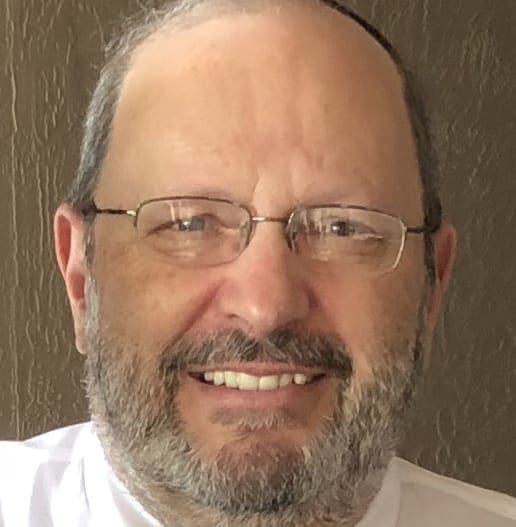
The Parent-Day School Partnership: A Critical Imperative In The Shadow Of A Pandemic
As we know, parental involvement, engagement, collaboration, and support have and will continue to occupy an essential aspect of the Jewish Day school education landscape. The evolving impact of parent involvement and engagement on their children’s learning experiences has shown to strongly influence student achievement, engagement, and motivation. Moreover, parental involvement in education is widely understood as a key component to educational success. To be sure, the best predictor of student success is the extent to which families encourage learning at home and involve themselves in their children’s education.
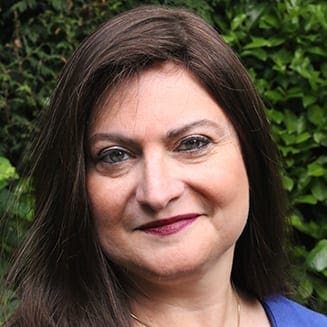
Effective Partnership in Support of the Whole Child
Each morning during school term, parents wave goodbye to their children with the confidence that they will be cared for while being stimulated by quality lessons and activities, delivered by competent and caring staff. With the freed hours in the day, they can get on with life’s responsibilities and become the professional, the volunteer, the keep-fit, and the leisurely adult that is their chosen routine. When schools went on lockdown, suddenly the scaffolding that kept life ticking collapsed. Without warning or choice, parents were gifted (or lumbered) with taking primary responsibility for their children’s education. What lessons have we learnt from the last few months about how schools can facilitate the role parents play in their children’s education? How can these lessons be incorporated in a post-pandemic school culture to foster a better working relationship with primary carers, offering better mutual support?
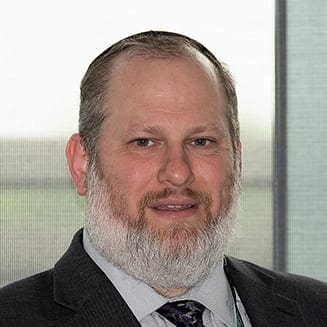
System Solvers
The rapid shifts in society brought on by the coronavirus pandemic open up an opportunity to understand the challenges children face in school at the system level. Parents tend to address their child’s issues “in the moment,” at a specific (and perhaps, granular) level. This makes sense: parents understand their children’s experiences in school via a limited set of data from a limited number of informants. The COVID crisis brought school into the home, and as such, gave parents a new view into their child’s school experience, a chance for parents to pause, step back, and partner with the school to explore challenges from a systems level. In order to do this, parents need to understand not only how schools work, but how the systems of schools work. A child in one system context looks different than the same child in another system.
“Zoom” in on Non-Day School Models
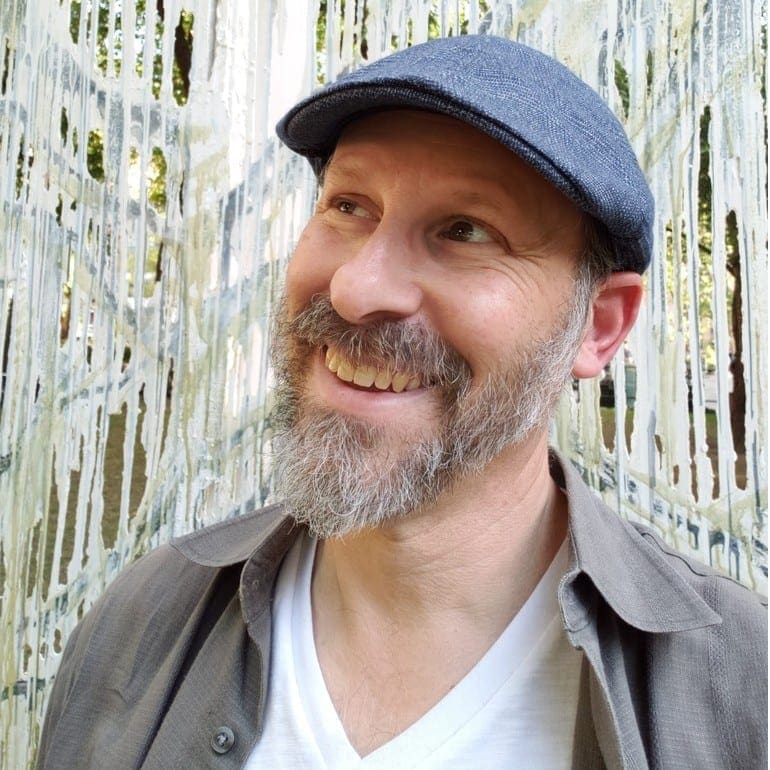
A New Pedagogy for Parents and Children in Bar/Bat/Benai/B’ Mitzvah Education
What role should a parent play in the months of preparation that lead up to a coming of age celebration for a child?
I first started taking this question seriously after I stood on the Bimah, uttered the traditional parental blessing that freed me from “personal liability” (shepetarani mei’onsho shel zeh) for my newly dubbed “teenager” and tried my best to connect to the blessing on an emotional level. It was not easy. As much as I felt a release in that moment; the parental part of me was actually sensing a growing set of legal and moral responsibilities that I would carry for the actions of the pimpled, brace-faced teen who stood before me in his new suit and tie.
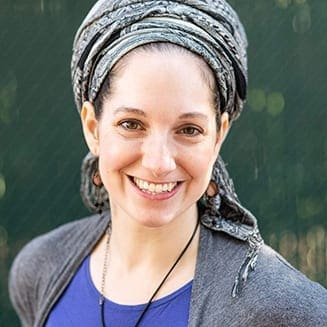
Educating All of Our Children: Community Support for Homeschooling in the Jewish Community
Last year at this time, I was a preschool director, busy running teacher in-service trainings, helping set up classrooms, and finalizing class lists. This year, I am likewise preparing for a new school year with one big difference: instead of running a preschool, I will be home educating, or “homeschooling,” my 7 children.
Especially in light of COVID19, many parents are turning to home education as the best option for their children, and the Jewish community is no exception.
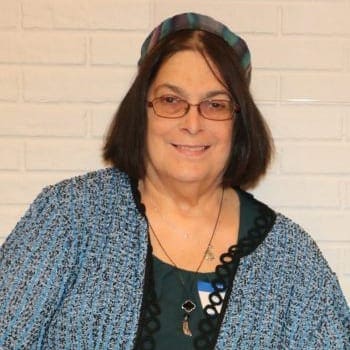
Parents are our Partners: Important Lessons from the Pandemic for Jewish Educators
Supplemental Jewish educators quickly pivoted to online instruction once the pandemic broke. Teachers “zoomed” into the homes of our students and thus into a direct partnership with their parents. This was a dramatic shift from before the crisis when there was often a dichotomy between home and school—school being where “Jewish” happened.
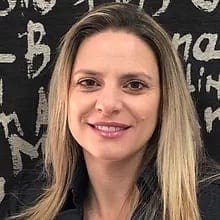
A Parent’s Perspective
The rapid shifts in society brought on by the coronavirus pandemic open up an opportunity to understand the challenges children face in school at the system level. Parents tend to address their child’s issues “in the moment,” at a specific (and perhaps, granular) level. This makes sense: parents understand their children’s experiences in school via a limited set of data from a limited number of informants. The COVID crisis brought school into the home, and as such, gave parents a new view into their child’s school experience, a chance for parents to pause, step back, and partner with the school to explore challenges from a systems level. In order to do this, parents need to understand not only how schools work, but how the systems of schools work. A child in one system context looks different than the same child in another system.
Interviews with Teachers and Parents

Conversation with a High School Teacher, Olivia Friedman
Olivia Friedman is an innovative educational thinker who teaches at Ida Crown Jewish Academy (Skokie) and is a member of the Advisory Board of Jewish Educational Leadership. In this conversation she shares her thoughts about relationships with and engaging parents who have high school age children.
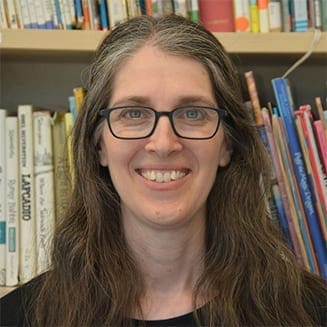
Conversation with a Kindergarten Teacher, Elisa Marcus
Elisa Marcus teaches Kindergarten at the Solomon Schechter of Manhattan. In this conversation with Jewish Educational Leadership she describes the culture in her school and articulates a vision of parent involvement in education alongside the relationship between parent and school/teacher.

Conversation with a Parent Volunteer, Dr. Gita Lisker
SAR Academy in Riverdale, NY was the first Jewish day school in North America to shut down because of COVID-19. Almost immediately, a parent group partnered with the school to help coordinate what the distance learning would look like, and parents were heavily involved in planning the reopening of the school, with all the contingency plans, in Fall 2020. The parent group included a number of medical professionals, including Dr. Gita Lisker. Jewish Educational Leadership spoke with Dr. Lisker just prior to the opening of the Fall 2020 semester. Below is an edited and abridged transcript of that conversation.

